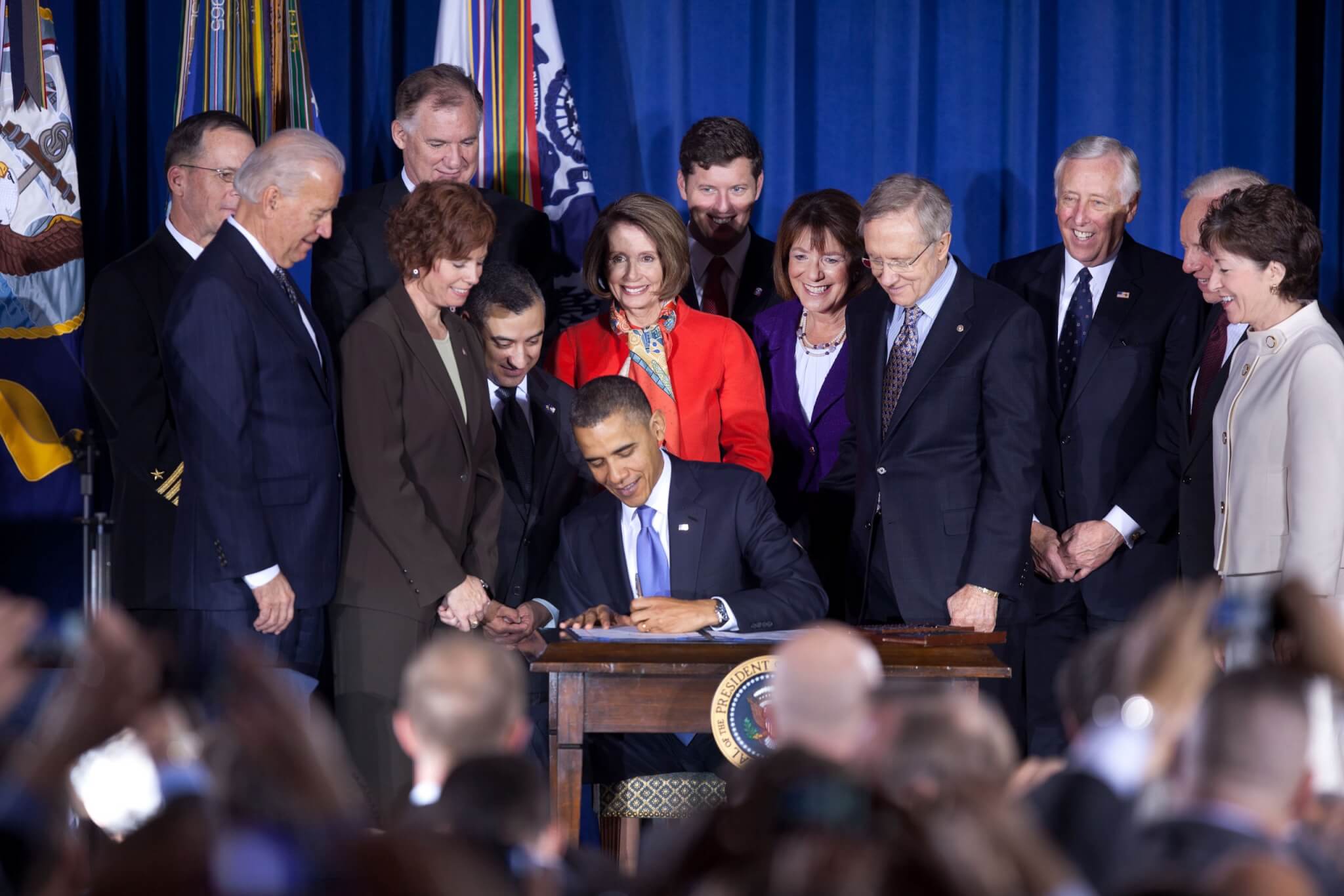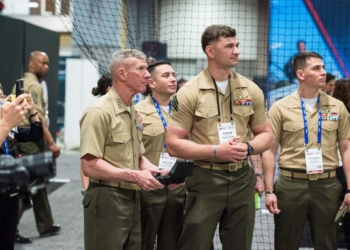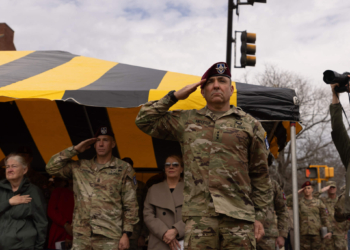In 2010, her first year in the Air Force, Jennifer Dane said she was sexually assaulted.
She did the right thing. She reported the alleged incident and cooperated with investigators. One question from a defense attorney, though, stung like rubbing alcohol applied to an open wound, even to this day.
“Are you gay?”
“I didn’t feel like my sexual identity or anything like that had anything to do with my performance, and it didn’t, really,’’ Dane said. “If I hadn’t reported the incident, I would not have been investigated, and I wouldn’t have had to go over the pain over and over again.’’
Dane’s sexuality became an issue, because during the early part of her military career — she left the Air Force in 2016 — the former staff sergeant served during “don’t ask, don’t tell.” In effect from 1993 to 2011, the policy allowed homosexual military members to serve if they did not disclose their sexual orientation.
Dane will participate in a free virtual event recognizing the 10-year anniversary of the repeal of don’t ask, don’t tell on Sept. 22, 2021. On that date in 2010, President Obama signed legislation repealing the policy. DADT officially ended in 2011.

Dane serves as the executive director of the Modern Military Association of America, a nonprofit organization focused on achieving fairness for LGBTQ service members and veterans. Registration for the panel is available online at modermilitary.org.
“Don’t ask, don’t tell caused a lot of people to leave the military, either because they were forced to leave or they felt unwelcome or people just did not want to join because it was an organization that was discriminatory,’’ Dane said. “National security is really impacted whenever we don’t let everyone who is capable and qualified and has a heart to serve come into the service.’’
Besides Dane, service members nationwide are expected to speak about don’t ask, don’t tell during the hourlong panel. Former Pennsylvania congressman Patrick Murphy, an Iraq War veteran who sponsored the legislation repealing don’t ask, don’t tell, is on the agenda, and House Speaker Nancy Pelosi (D-California) is expected to appear via video.
“It’s a mixed bag that some of the service members know nothing or little about don’t ask, don’t tell,’’ said Aubrey Sarvis, who served as a specialist in the Army in the 1960s. “To the extent that it’s foreign or alien to them, that’s an indicator of our success and of the victory that was won, primarily by service members fighting back to be who they are.
“But it’s also unfortunate if gay and lesbian service members don’t know their history, and one of the reasons they should, frankly, is transgender service members were not included in the repeal of don’t ask, don’t tell. They still do not have equality today.’’
Sarvis is a former executive director of the Servicemembers Legal Defense Network, which helped push to get rid of don’t ask, don’t tell. He is part of the panel’s honorary host committee.
“It was a huge culture shift in the military,’’ Sarvis said of the repeal.
Dane said serving under don’t ask, don’t tell affected her greatly.
The former intelligence analyst said she could not serve authentically or share her experiences fully with other service members because of the policy. Most of all, she would have been spared the suffering caused by a three-word question that cut so deeply.
“There are so many different lenses that people see don’t ask, don’t tell through,’’ Dane said. “Even looking back, although it’s just been 10 years ago, it seems like it was such a short time but really a long time ago. How could it be that we had this policy even just 10 years ago?’’







































